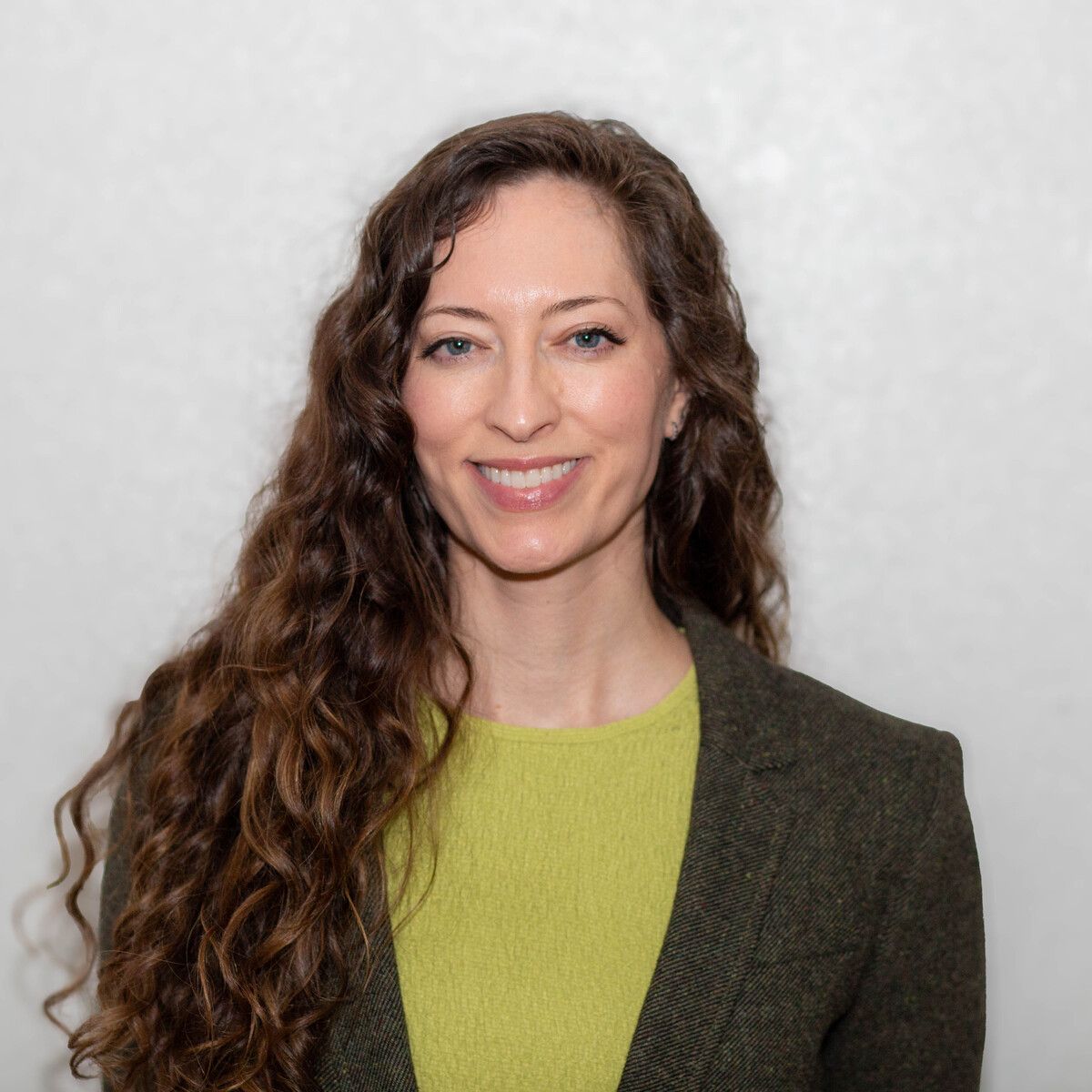
A growing number of Black women agents are becoming certified to represent USA Track & Field athletes, like Sha’Carri Richardson, seen here at the 2024 U.S. Olympic trials. | Photo by jenaragon94 via Wikimedia Commons
What you probably already know: Black women have played a crucial role in shaping the sports industry into what it is today, but in-depth analyses of their contributions and the systemic inequities that persist are scarce. Wasserman and Diverse Representation teamed up to examine the role, influence, and visibility of Black women in the sports industry. Their findings offer key insights and guidance for sports organizations, teams, leagues, brands, athletes, and agencies committed to advancing racial and gender equity. The first half of the report, published this month, focuses on Black women sports fans and agents; the second will examine Black women athletes and sports executives and will be released in November.
Why? Sports agents help athletes maximize the business side of their finite professional careers. They negotiate contracts with teams, identify marketing and endorsement opportunities, assist with financial planning, and serve as intermediaries. The new report found that despite negotiating over $1 billion in professional athlete contracts, Black women sports agents are underrepresented in sports agencies. Black women account for just 1% of all agents certified with the Major League Baseball Players Association, 2% of agents with the National Basketball Players Association, and 2.3% of agents with the National Football League Players Association. The report found that the vast majority of Black women sports agents run their own firms, and over 20% are certified with at least two leagues.
What it means: Based on survey responses, the small number of Black women who work at medium- and large-sized agencies often feel a lack of support for their achievements and skills. Those who run their own firms cited limited growth opportunities at other agencies. Agents also expressed concerns that Black athletes don’t trust Black women to represent them. A lack of financial support is also a barrier to success within the industry. Still, the past decade has seen a steady rise in the number of Black female agents, particularly within USA Track & Field.
The report made connections between a Black woman’s level of fandom and representation within the industry. Becoming an avid fan is a matter of forming connections and feeling seen, especially by a team or individual athlete. Separate studies show that despite the enormous global spending power women wield and their appetites for fandom, sports brands often fail to connect with them.
What happens next: The report highlights the need for increased visibility and inclusion across all levels of the sports industry, greater public allyship (especially more support from men) to normalize inclusion and amplify Black women’s expertise, and more robust career pipelines to help more Black women enter larger sports agencies. Across the board, female fans crave more engagement and authenticity from sports entities and brands. For Black women, this means increased representation and a better sense that “the intersection of their blackness with their womanhood is understood,” according to the Wasserman and Diverse Representation report.


